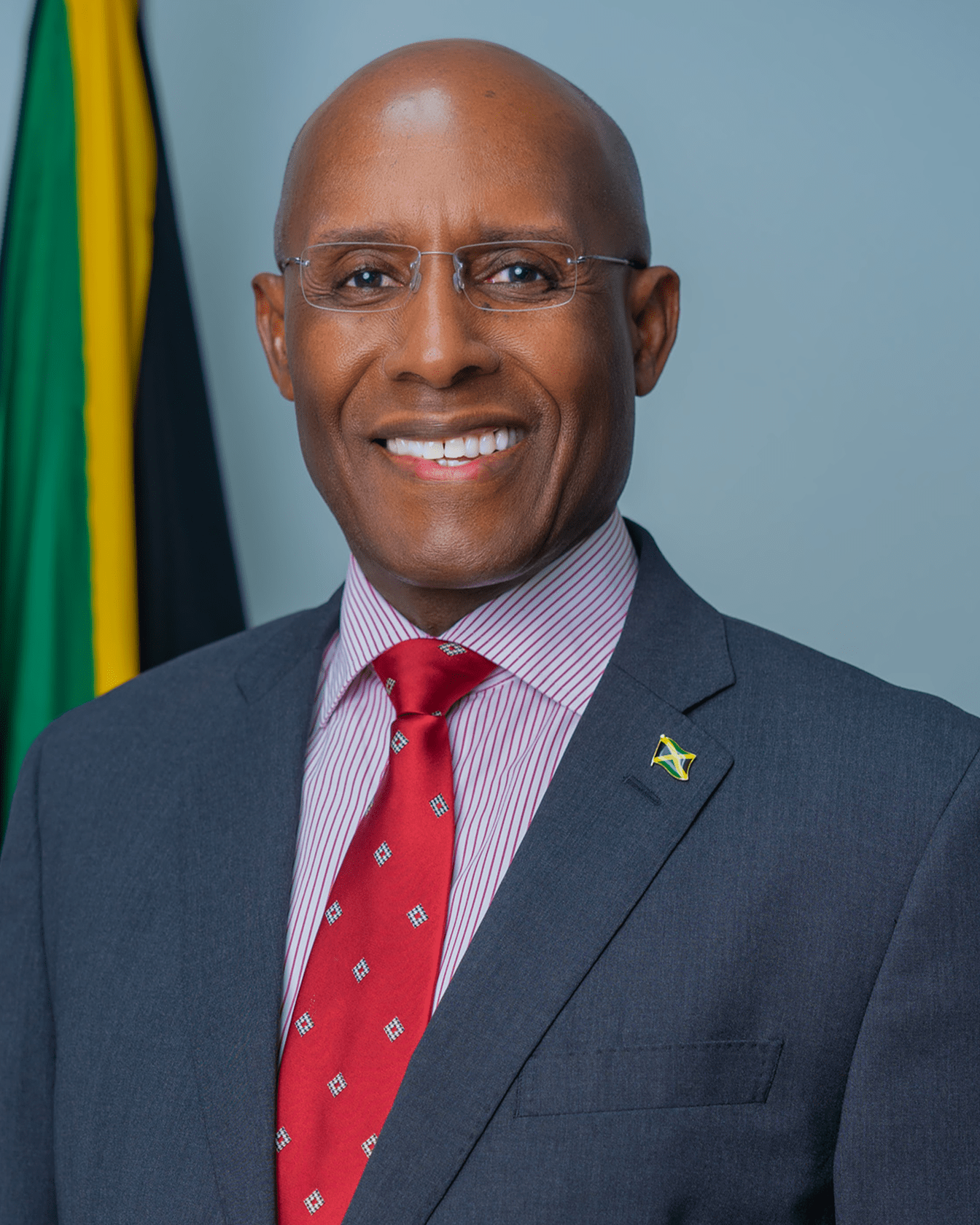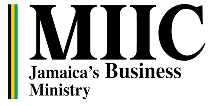CAC says not all increases mean price gouging
MIIC Author

Amid heightened, mostly informal complaints and rants from consumers concerned about price increases in the market, the Consumer Affairs Commission (CAC) has sought to inform the public that not all cases amounts to price gouging.
Price gouging, which the entity said was more linked to unexplained increases, occurs when the cost of an item becomes two or three times more than the actual price. The phenomena, which is largely triggered by events such as natural disasters and other crisis periods, usually impacts supply chain cycles, creating an imbalance in demand and supply.
“An increase in price is not necessarily price gouging, so if an individual purchased a lunch for $200 yesterday and then for $250 today, that does not mean price gouging, in fact, what could have happened was just a movement in price for one or two of the ingredients used, which is very normal,” Director of Field Operations Cheryl Martin Tracey said during a recent Jamaica Observer Business Forum.
“Price gouging carries with it very severe penalties, so we have to ensure that any information reported about unjustified increases are properly checked and dealt with,” Martin Tracey further stated.
Under the law persons found culpable of price gouging can be fined up to $2 million in payment or can serve a term of imprisonment with or without hard labour not exceeding two years.
Indicating that even in the aftermath of Hurricane Beryl, whose Category 4 catastrophic effects brought some scarcity in supplies, mainly for agricultural produce, CEO of the CAC Dolsie Allen said the findings from a number of surveys commissioned in the disaster’s wake showed that there was not much sign of price gouging. This, as a check on cost for some of the most basic food items during that period remained constant and in keeping with free market principles.
“We now operate in a free market enterprise, so while we can question price increases when detected by our surveys, we can’t tell businesses how to price their goods, and as a result, we urge consumers to shop around and to make wise purchases from merchants selling at the most reasonable rates,” Allen said.
The CAC, which emerged as a spin-off of the Prices Commission, saw a change from its initial mandate of price control in 1971 after the Government of that era moved to adopt a more liberalised trade economy. Now guided by the Consumer Protection Act 2005 (Amended 2012) and a range of other legislations promoting competition and fair trading, the entity’s primary role is to inform, educate and empower consumers on how to protect themselves in the marketplace.
Despite fewer than expected formal complaints from Jamaicans over the years, the commission on an annual basis said it currently secures about $35 million-$45 million in refund/compensation on behalf of aggrieved customers.
The CEO, however, underscored that while a key function of the organisation is to deal with consumer complaints, of which price gouging is a very valid concern, formal reports in the area, like many others, have to date remained largely minimal.
“Interesting to note is that while we tend to hear a lot in the media and from the public about price gouging, we have not received much formal complaints. From a top of the head count, there has probably been about less than five complaints about price gouging so far this year. Most of the complaints we get may be about defective items and so on, but very little about high prices. What we have instead seen is that most consumers will call the talk shows or go on social media to rant, but no formal complaints about the issue have been lodged,” she noted.
In light of these recurring observations, Allen urged customers to take advantage of the proper channels for reporting which can be done in person at any of the CAC’s three locations in Kingston, Montego Bay and Mandeville or via its website and social media platforms or through its telephone and e-mail systems.
“Another part of the CAC’s mandate is consumer education and as such following our interactions with consumers, our hope is for them to become more knowledgeable, empowered as they make better purchasing decisions. We can’t tell consumers where to shop but a part of what we want them to do is to shop wisely and to compare prices,” Martin Tracey also said.
Source: Jamaica Observer
Recent News
See all news


Posted on 27/02/2026
Minister Hill Leads Jamaican Delegation To Examine Best Practices At Colombia’s Leading Free Trade Zone, Zona Franca De Bogotá
Bogotá, Colombia; February 26, 2026 – Senator the Hon. Aubyn Hill, Minister of Industry, Investment and Commerce, Jamaica’s Business Ministry, led a high-level Jamaican delegation on a guided visit to Zona Franca de Bogotá, on February 25, 2...

Posted on 26/02/2026
Gov’t committed to proper functioning insolvency ecosystem, says Seiveright
KINGSTON, Jamaica — Minister of State in the Ministry of Industry, Investment and Commerce, Delano Seiveright, has been tasked with leading the Government’s drive to modernise Jamaica’s insolvency ecosystem, boost institutional efficiency and expa...

Posted on 25/02/2026
Seiveright urges youth to chase creative opportunities after meeting with entertainment entrepreneur Romeich Major
STATE minister in the Ministry of Industry, Investment, and Commerce (MIIC) Delano Seiveright has urged Jamaicans, particularly young people, to more deliberately pursue opportunities in the creative industries, arguing that entertainment, music, ...









